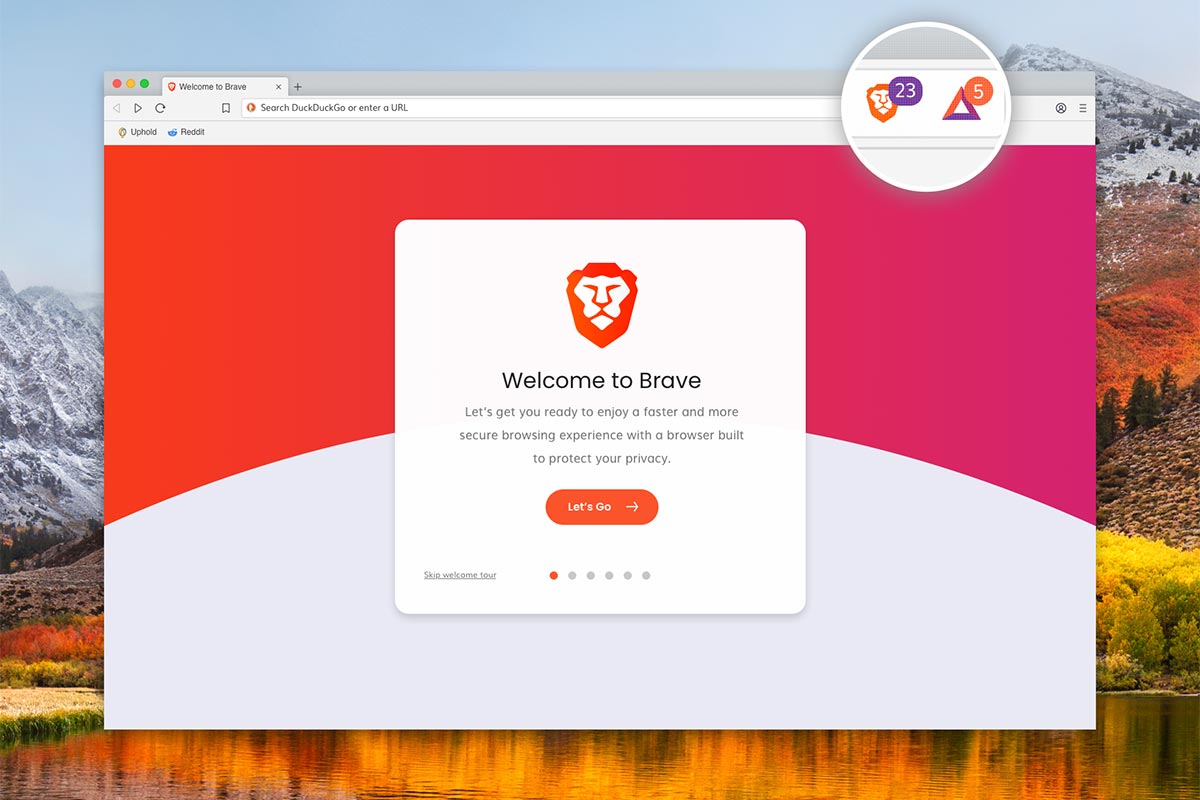Chrome. Safari. Firefox. Brave – what do these all have in common? They’re all internet browsers! Even ‘Brave’, we hear you ask? Yep – and that’s what we’re going to talk about here.
We’re all pretty familiar with internet browsers – after all, you’re on one. But how much do you know about what’s going on behind the scenes? How do you choose one version over another? Are they really that different?
In an age where we become more and more aware (and concerned) about privacy issues online, new options are popping up to enable us to make choices that favour the safeguarding of our personal data.
Internet security
In digital marketing a few years back, the only buzzwords you were likely to hear was one of ‘content marketing’ or ‘SEO’. But there’s a new term now that has marketing agencies particularly concerned: Privacy.
How user data is collected has become one of the most talked about aspects of our online lives, and for good reason: Everyone from browser developers to social media giants to small companies have been harvesting our thoughts, desires and fears (amongst other things!) for years, and we’ve finally woken up to it.
A few weeks ago we wrote about DuckDuckGo – you can read that here – and it led us to spending more time looking into our next topic: Brave browser.

Brave browser – the good
Since writing that article, we’ve been using Brave browser. A lot. And it has come with a lot of benefits. Page load speed appears to be faster, as ads are blocked from every angle.
Tracking is zero’d, meaning my Google searches aren’t tailored and seemingly aware of my every thought.
Despite the lack of tracking, the things that we all care about not having to remember – usernames and passwords – are all still in there, as the browser seamlessly synced with the Chrome login and imported all that data.
The difference is, it stores it on your device rather than on their own servers.
Brave browser – the less good
It has also come with a few grievances which, to be fair, were half expected with a browser still building a base (relatively speaking, because there are millions of users already) and relying on privacy and user security above all else to win over fans.
Firstly, it struggles with some sites. Netflix, paid-tv subscription services, some embedded videos – it’s had its moments where we’ve thought ‘wow, please just work’ and then switched to Chrome.
There’s also the fact that, copy and paste from above: Tracking is zero’d, meaning my Google searches aren’t tailored and seemingly aware of my every thought. And that’s annoying. I mean, we get it, it’s good, and important, and should definitely be the way that every service goes.
But wow, when you’ve become really used to not having to type a full sentence, or forgetting what you last searched and it appearing there for you, suddenly not having that available seems like the end of the world.
But still, this all leads us into…
Should you get it?
Without reservation: yes. Brave browser has a few hurdles that will send you back to your familiar browser. I mean (sit down for a second), sometimes I even miss the ads.
But almost all of my browsing now is done on Brave, and I haven’t looked back. The transition was easy because it’s based off and syncs with Chrome. It’s fast. It’s user-friendly.
Above all else, it’s private – and that’s important today.




